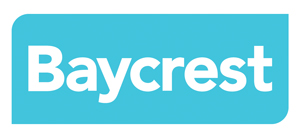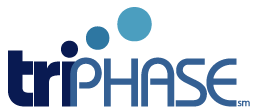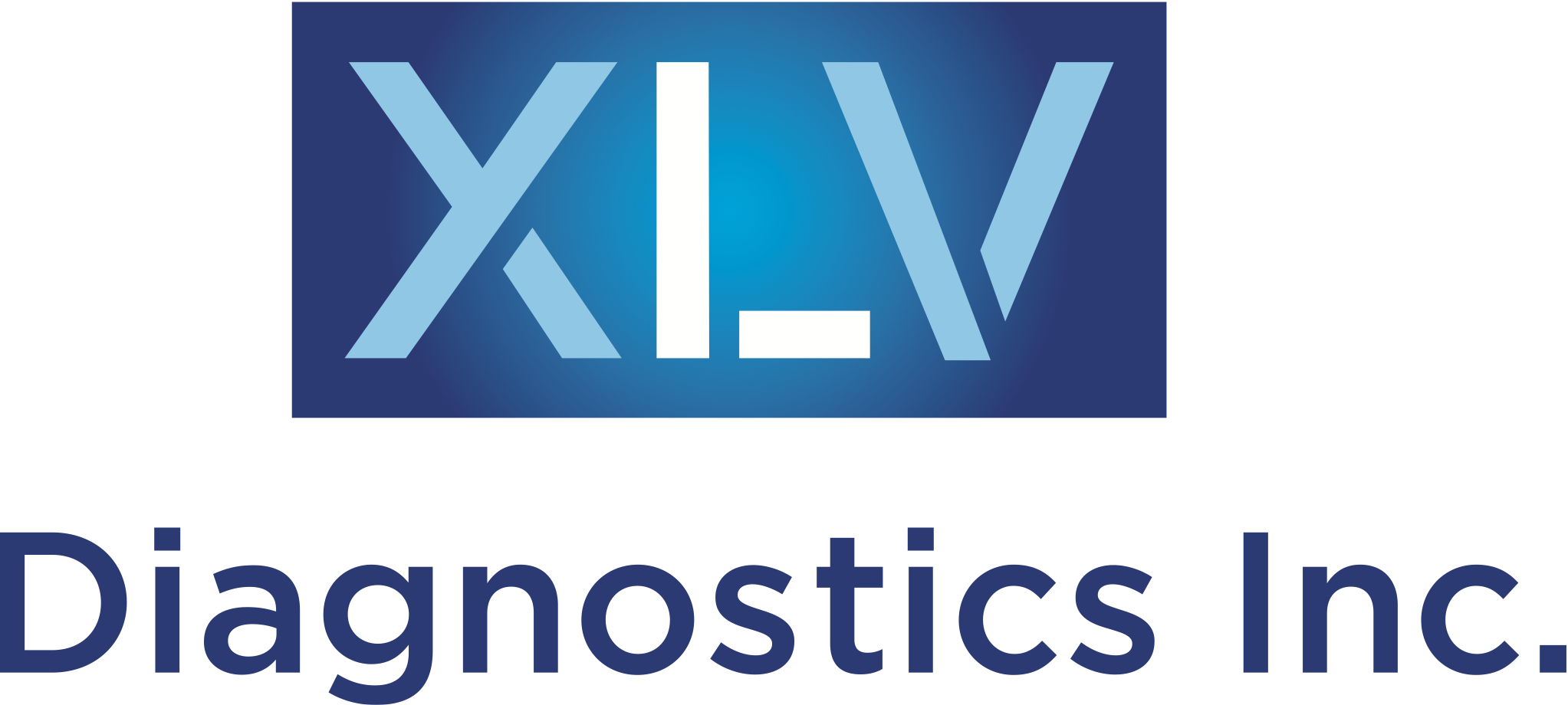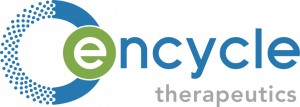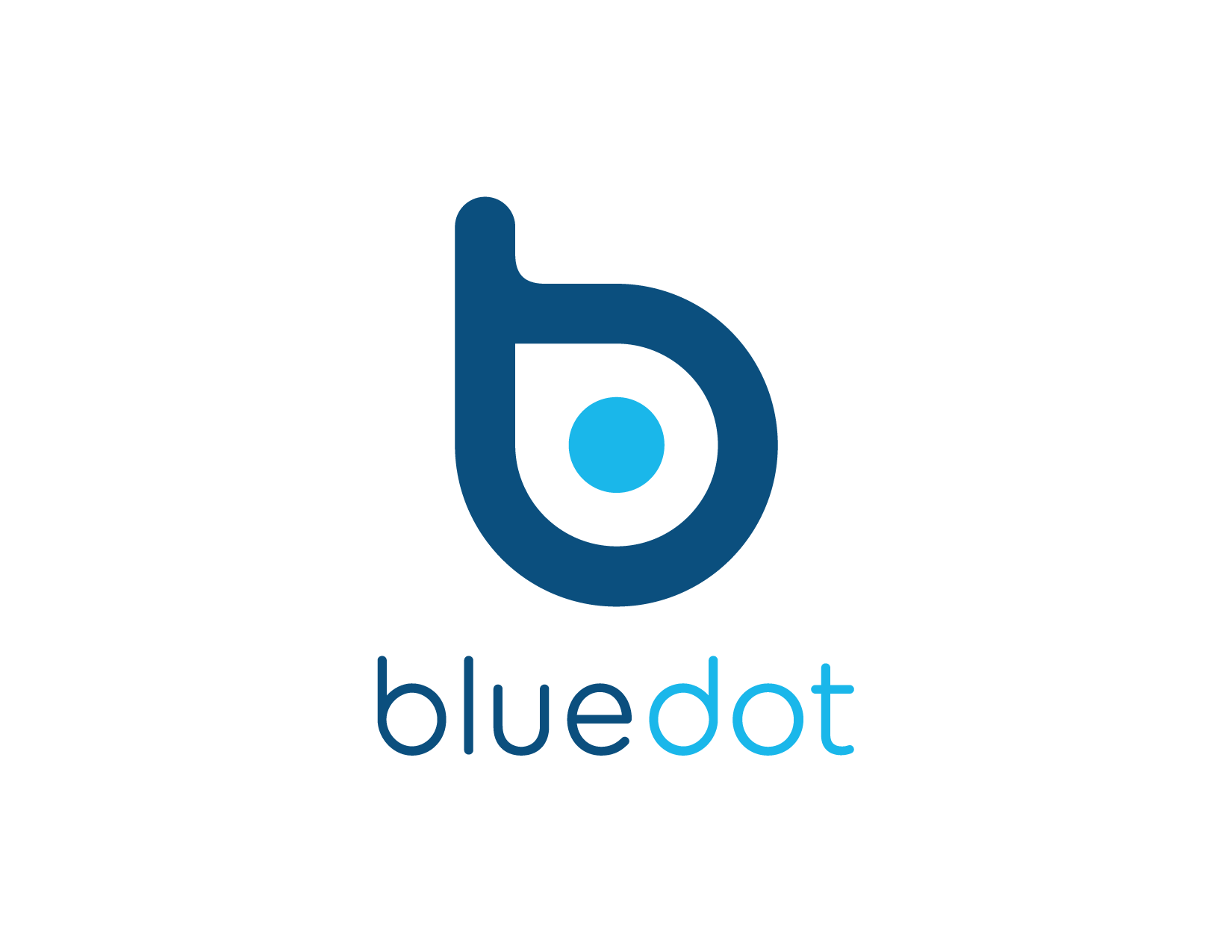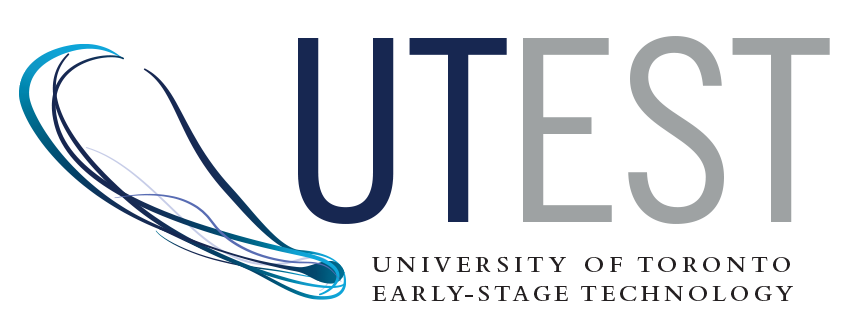UTEST program bends career road for Granata Decision Systems’ founders
T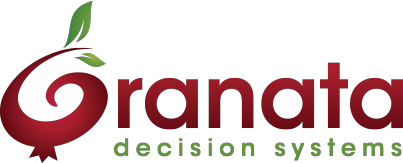 ORONTO (January 21, 2015) — MaRS Innovation and the University of Toronto (U of T) are pleased to announce that the founders of Granata Decision Systems Inc., a graduate of the University of Toronto Early-Stage Technology (UTEST) start-up incubator program, have joined Google Inc.
ORONTO (January 21, 2015) — MaRS Innovation and the University of Toronto (U of T) are pleased to announce that the founders of Granata Decision Systems Inc., a graduate of the University of Toronto Early-Stage Technology (UTEST) start-up incubator program, have joined Google Inc.
This story was covered in TechVibes.
Dr. Craig Boutilier is a professor in U of T’s Department of Computer Science. He and Tyler Lu, a graduating PhD student in the same department, co-founded Granata Decision Systems in 2012 to develop their advanced decision-support technologies. Granata’s software platform provided real-time optimization and scenario analysis capabilities for large-scale, data-driven marketing problems and group/organizational decision-making. The company was part of the UTEST program’s first cohort.
“This is a significant milestone for the UTEST program and the wider MaRS Innovation portfolio,” said Dr. Raphael Hofstein, president and CEO. “We co-created the UTEST program with U of T to foster entrepreneurship in a meaningful way while encouraging students and professors to translate their academic ideas into commercial realities. We hope Craig and Tyler’s success will motivate other researchers and students to consider working with MI and participate in UTEST and our other commercialization programs.”

